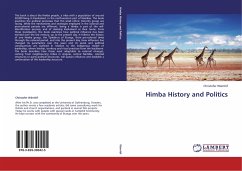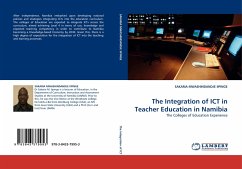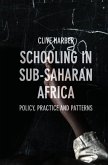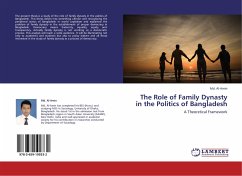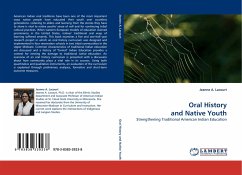This book is about the Himba people, a tribe with a population of around 30,000 living in Kaokoland, in the northwestern part of Namibia. The book examines the political processes that this small ethnic minority group are facing. While the mechanisms and strategies employed in the colonial and post-colonial periods are different, being a Himba is part of the self-identification process, and of claiming Kaokoland as their home. From these standpoints, the book examines how political influence has been exerted over the last century, up to the present day. It follows the history of one Himba group, the Tjambirus of Etanga, from pre-colonial times through the colonial period, and into the present day. How influence has changed its parameters over the years and its social and political consequences are outlined in relation to the indigenous model of leadership, where kinship, territory and ritual practices form the backbone. The book describes how those most adaptable to external changes, coming from neighbouring tribes in Angola, central Namibia, colonial structures or party political structures, will sustain influence and establish a continuation of the leadership structure.
Bitte wählen Sie Ihr Anliegen aus.
Rechnungen
Retourenschein anfordern
Bestellstatus
Storno

